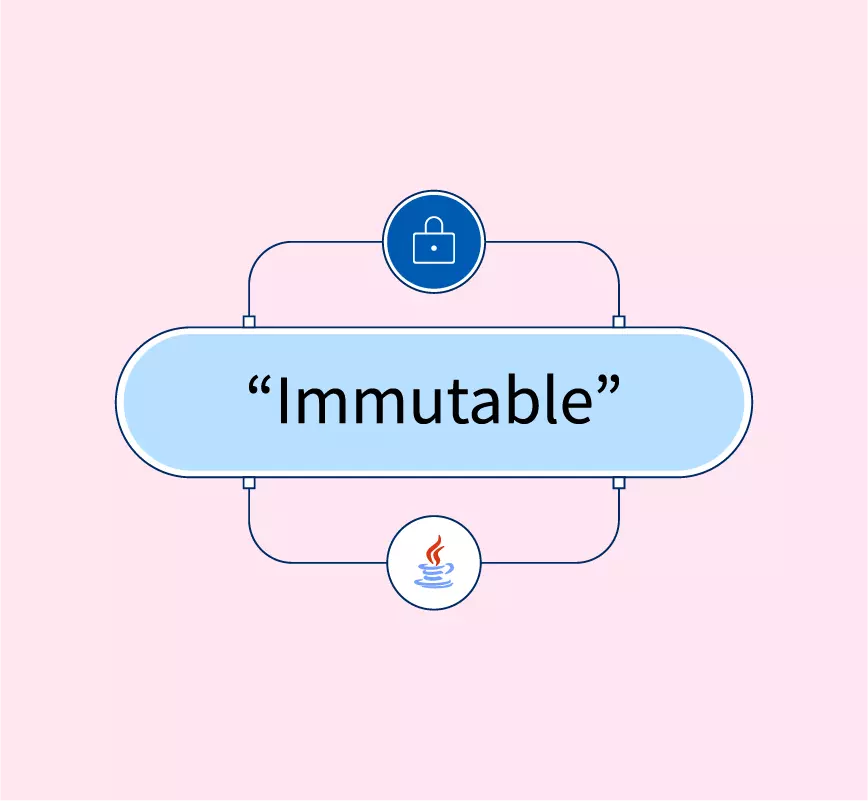Why Are Strings Immutable in Java? Enhancing Code Reliability
Why Are Strings Immutable in Java? Enhancing Code Reliability
Blog Article
What Is Unalterable Strings and Exactly How It Functions
In the world of programs, recognizing the principle of unalterable strings is critical for producing durable and safe applications. Unalterable strings describe strings that can not be modified after they are created, making sure information integrity and predictability within the code. This essential concept plays an essential function in various programs languages and uses an one-of-a-kind approach to taking care of information. By checking out the intricacies of just how immutable strings operate, one can uncover a globe of advantages and opportunities that can raise the quality and performance of software program advancement.
The Essentials of Immutable Strings
Unalterable strings, as a fundamental principle in shows, are personality series that can not be altered once they are produced. This indicates that when a string is appointed a worth, that value can not be altered. In languages like Python and Java, strings are immutable items, leading to different ramifications in regards to memory monitoring and information stability.
Among the vital benefits of immutable strings is that they provide a complacency in data control. Since the content of an unalterable string can not be modified, it makes sure that the initial data remains undamaged, lowering the risk of unintended adjustments during program implementation (Why are strings immutable in Java?). This property additionally streamlines debugging processes, as designers can trust that when a string is defined, its worth will not be unintentionally modified
Furthermore, immutable strings facilitate reliable memory use. When a brand-new string is produced based upon an existing one, rather than modifying the initial string, the new value is saved independently. This technique enhances performance by lowering memory fragmentation and simplifying memory appropriation processes. In general, recognizing the fundamentals of unalterable strings is vital for grasping programming principles and maximizing code effectiveness.
Advantages of Unalterable Strings
Structure upon the security and performance benefits of immutable strings, their advantages reach enhancing code integrity and streamlining simultaneous shows jobs. By being unalterable, strings can not be changed after development, which removes the danger of unplanned adjustments in the data they keep. This intrinsic immutability guarantees that once a string is produced, its worth continues to be consistent throughout the program's implementation, decreasing the opportunities of insects created by unforeseen alterations.
Additionally, unalterable strings add to code reliability by making it simpler to reason concerning the state of a program. Given that strings can not be transformed, programmers can trust that a string will constantly hold the same worth, streamlining debugging and maintenance efforts. This predictability brings about extra steady and trustworthy codebases.

Application in Programs Languages
Within numerous shows languages, the incorporation of immutable strings is an essential facet that influences just how data is managed and controlled within code frameworks. The application of immutable strings varies throughout various shows languages, with each language providing its very own devices to support this content idea.
On the other hand, languages like C and C++ do not have integrated support for immutable strings. Programmers in these languages must by hand apply immutability by imposing rules within their code to protect against direct modifications to string objects.
Ideal Practices for Dealing With Unalterable Strings
When managing immutable strings in programs languages like Java and Python, sticking to best techniques makes certain secure and reliable information adjustment. One of the key best techniques is to utilize StringBuilder or StringBuffer instead of straight controling strings, specifically when dealing with considerable concatenation procedures. These courses offer mutable options for string adjustment, aiding to stay clear of unnecessary memory allocations and boosting performance.
Furthermore, when working with sensitive data such as passwords or API keys, it is vital to prevent storing them as plain message in unalterable strings. Using safe storage space systems like char arrays or specialized collections for handling sensitive info aids alleviate security dangers linked with unalterable strings.
Real-world Applications and Examples
Exploring useful implementations of immutable strings in different markets reveals this their significant effect on data integrity and system integrity. In the healthcare sector, immutable strings play an essential function in guaranteeing the safety and security and discretion of client data. By avoiding unauthorized adjustments to delicate details such as clinical documents and prescriptions, immutable strings assist keep conformity with stringent personal privacy policies like HIPAA.
Monetary organizations additionally benefit from the immutable nature of strings to enhance the safety of client data and purchase records. Immutable strings assist stop fraud and unauthorized modifications to monetary info, giving a robust defense versus cyber threats and making sure the count on and self-confidence of clients.

Conclusion
In verdict, unalterable strings are fixed and unchangeable sequences of characters that use benefits such as thread safety and boosted efficiency in programs. They are carried out in different programming languages to make sure data integrity and safety. Finest techniques for working with unalterable strings consist of preventing direct adjustments and utilizing approaches that return brand-new string objects. Real-world applications of immutable strings include data encryption, caching, and string adjustment jobs.
Immutable strings refer to strings that can not be changed after they are developed, ensuring information stability and predictability within the code. When a brand-new string is produced based on an existing one, rather than changing the original string, the brand-new value is saved independently.In languages like Java and Python, strings are immutable by default, indicating that once a string things is produced, its worth can not be changed - Why are strings immutable in Java?. Best methods for working with immutable strings include preventing direct alterations and utilizing methods that return new string items. Real-world applications of unalterable strings consist of data security, caching, and string manipulation tasks
Report this page